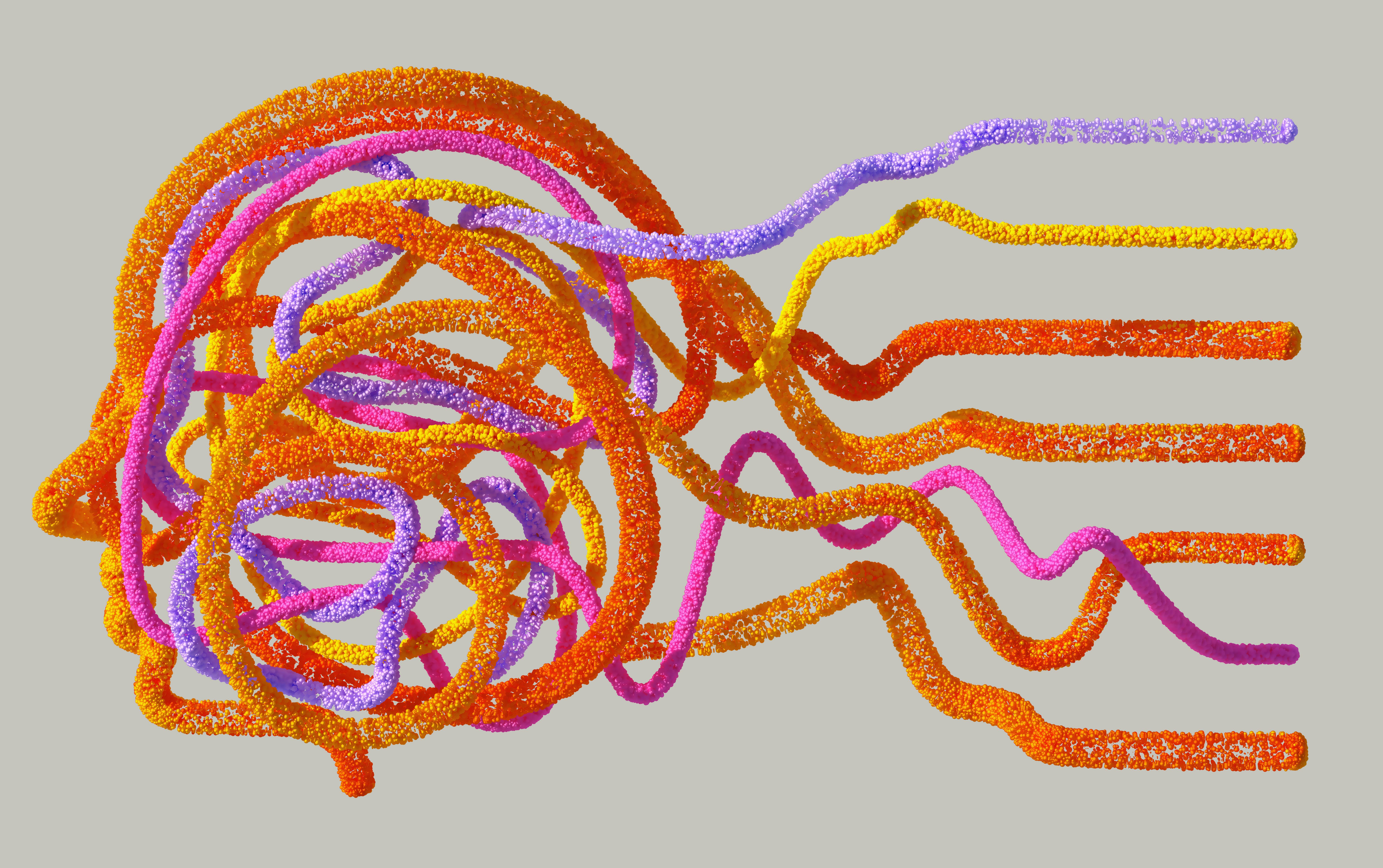 {nomultithumb} Last week, the report Generative AI at the University of Warsaw – best practices, prepared by DELab UW was published!
{nomultithumb} Last week, the report Generative AI at the University of Warsaw – best practices, prepared by DELab UW was published!
It's absolutely essential to get acquainted with it - https://delab-uw.github.io/genai_site/ !
One of the key topics analyzed in the report is how to properly cite AI-generated content. How exactly should generative AI be cited?
Here are some universal rules to follow, regardless of the citation style:
- cite the source explicitly
- explain AI’s role (how did AI contribute to your content creation?)
- verify authenticity
- ensure compliance with guidelines (Is the use of AI in line with your institution's or instructor’s policies?)
In APA Style:
In-text citation: (OpenAI, 2023)
Reference entry: OpenAI. (2023). ChatGPT (version from March 14) [Large language model].
https://chat.openai.com/chat
Did you know that:
- by logging in with your university email to Microsoft 365, your daily limit in Microsoft Copilot increases to 30 responses
- GitHub Copilot offers a free program for students
- depending on your usage, accessing OpenAI models (GPT-4, GPT-4o, DALL-E, etc.) via API can be more cost-effective than a Premium subscription.
The first studies are already shedding light on how generative AI impacts professional tasks across various fields. Research by a team associated with OpenAI predicts that up to 20% of workers may experience significant influence from GPT models on at least half of their daily tasks.
Learn more about these topics and others in our report: Poles on Artificial Intelligence.
We encourage you to read it - https://www.lbm.uw.edu.pl/images/Raport_AI_ENG2.pdf !
Source of graphic: Pexels